Spelling practice Consonants Worksheets for Ages 4-9
7 filtered results
-
From - To
Boost your child's spelling skills with our engaging Consonants Worksheets designed for ages 4-9! These interactive activities help young learners identify and practice consonant sounds, laying a strong foundation for reading and writing. Each worksheet focuses on essential consonant recognition, encouraging children to spell words confidently while having fun. With colorful illustrations and age-appropriate challenges, these practice sheets capture kids’ attention and inspire a love for learning. Perfect for homeschooling or classroom use, our Spelling Practice Consonants Worksheets are a valuable resource to enhance literacy skills in an enjoyable, effective way. Start your spelling journey today and watch your child succeed!
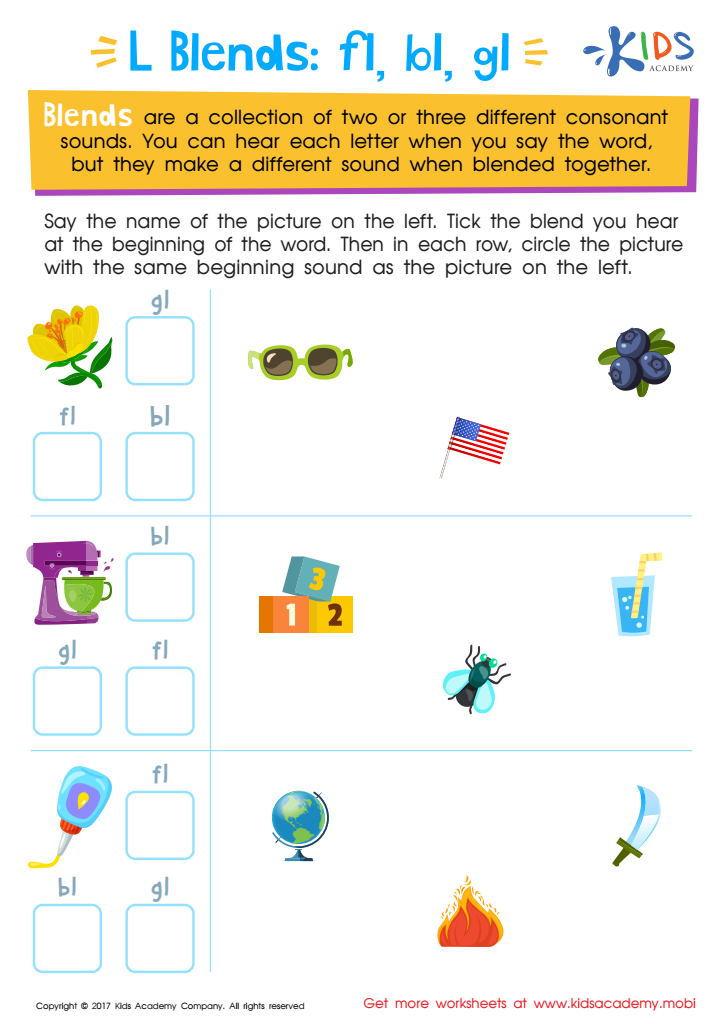

Blending Consonants: "Fl", "Bl" and "Gl" Printable
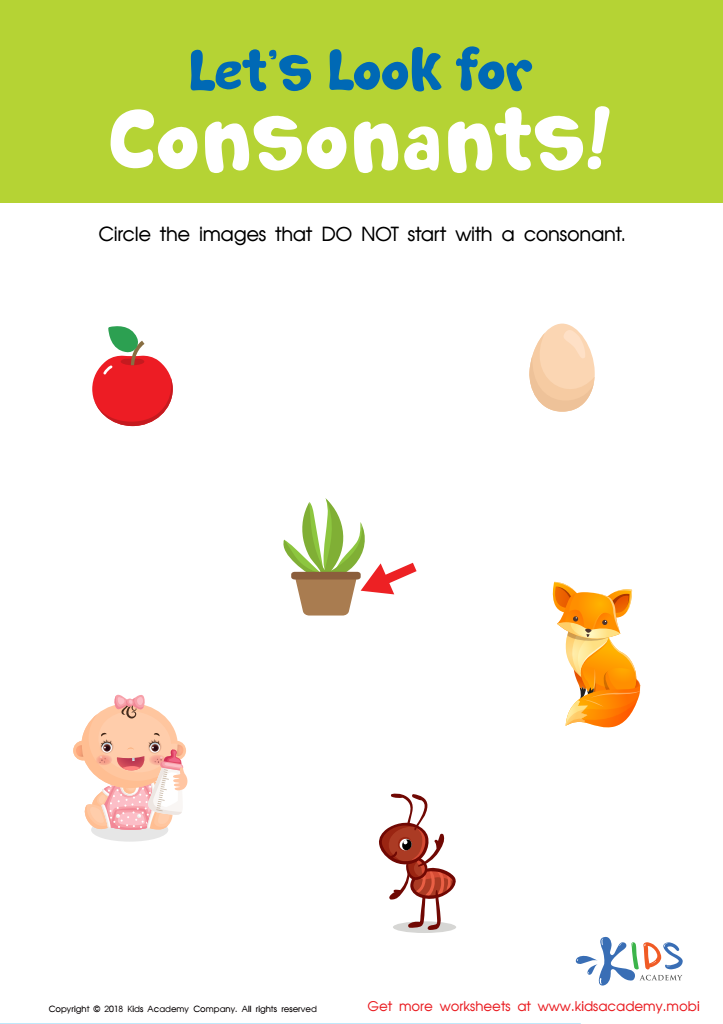

Let's Look for Consonants Worksheet
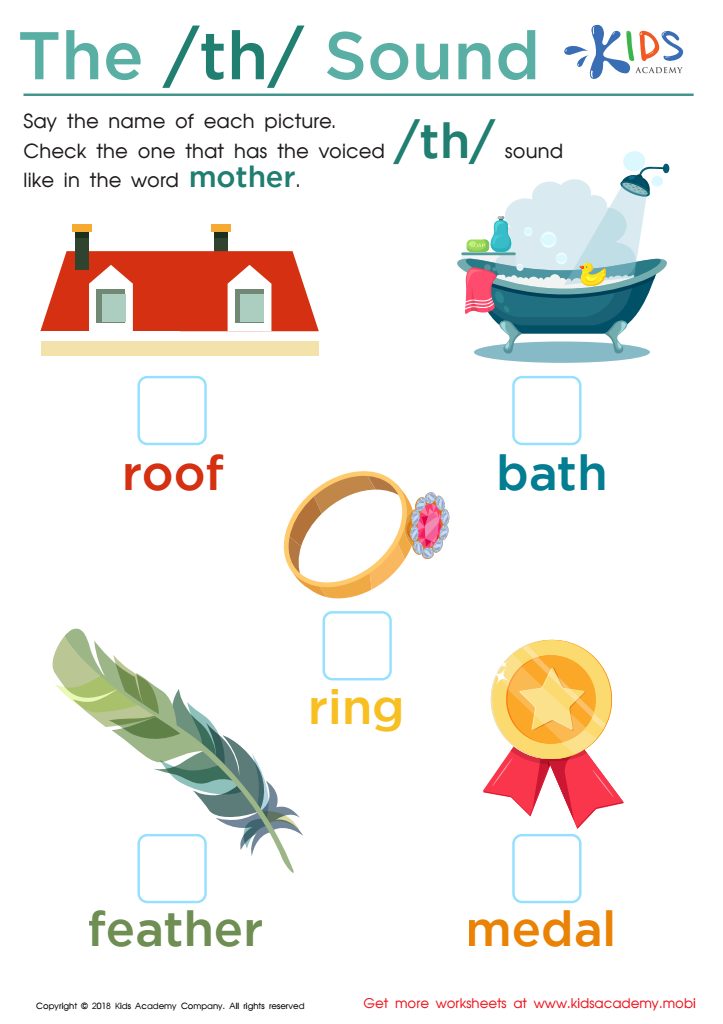

The /th/ Sound Worksheet
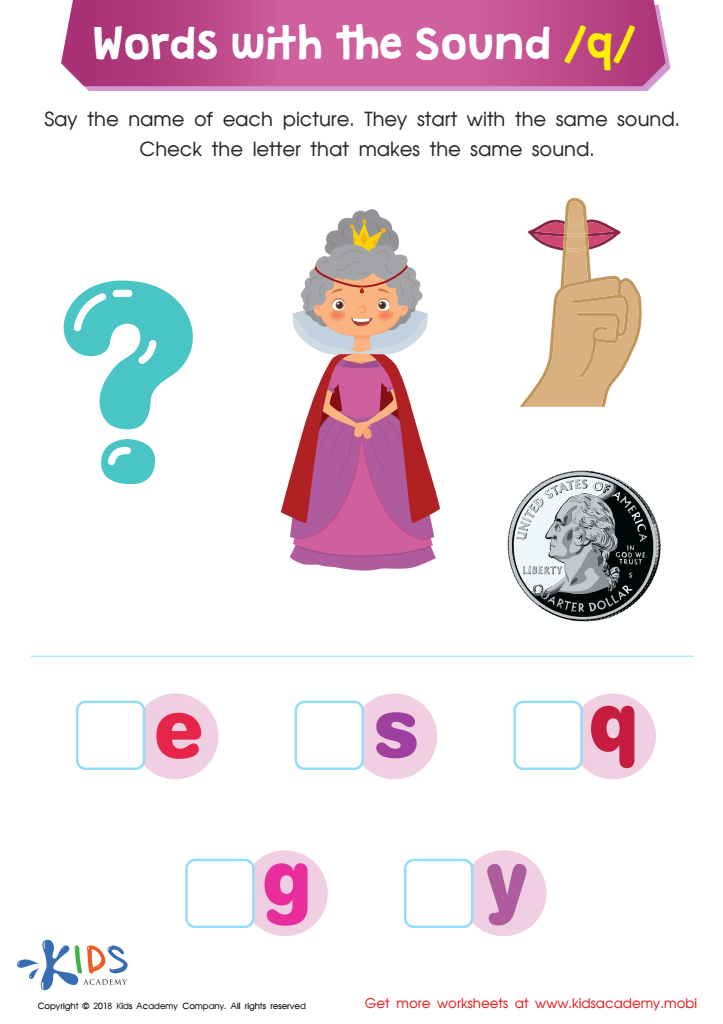

Words with Sound Q Reading Worksheet
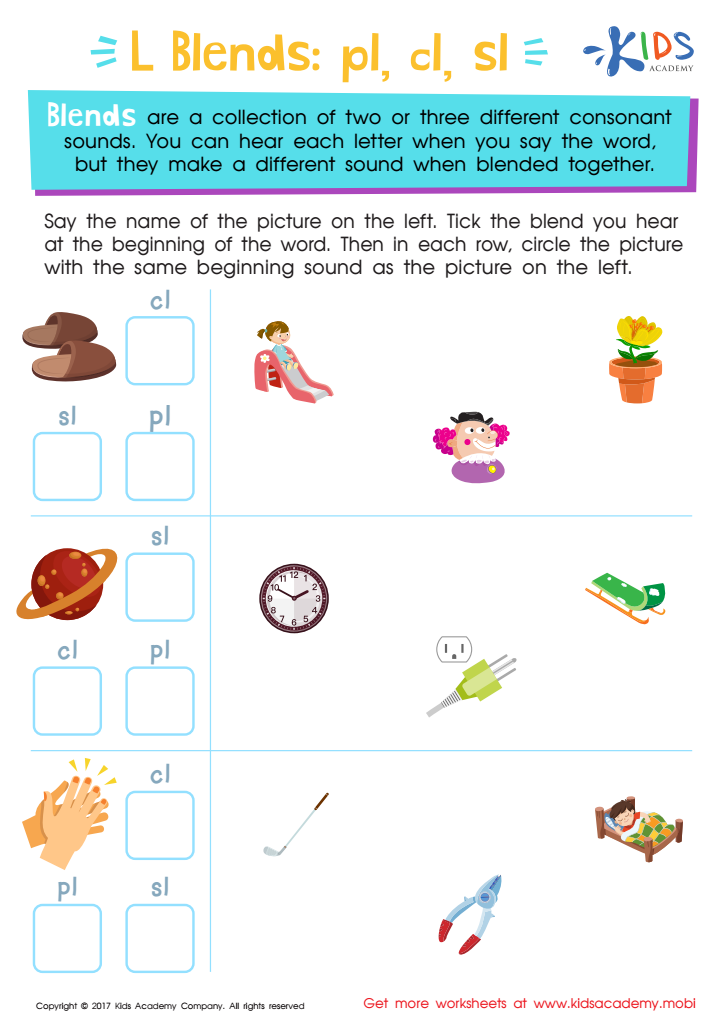

L Blends: "Pl", "Cl" and "Sl" Printable
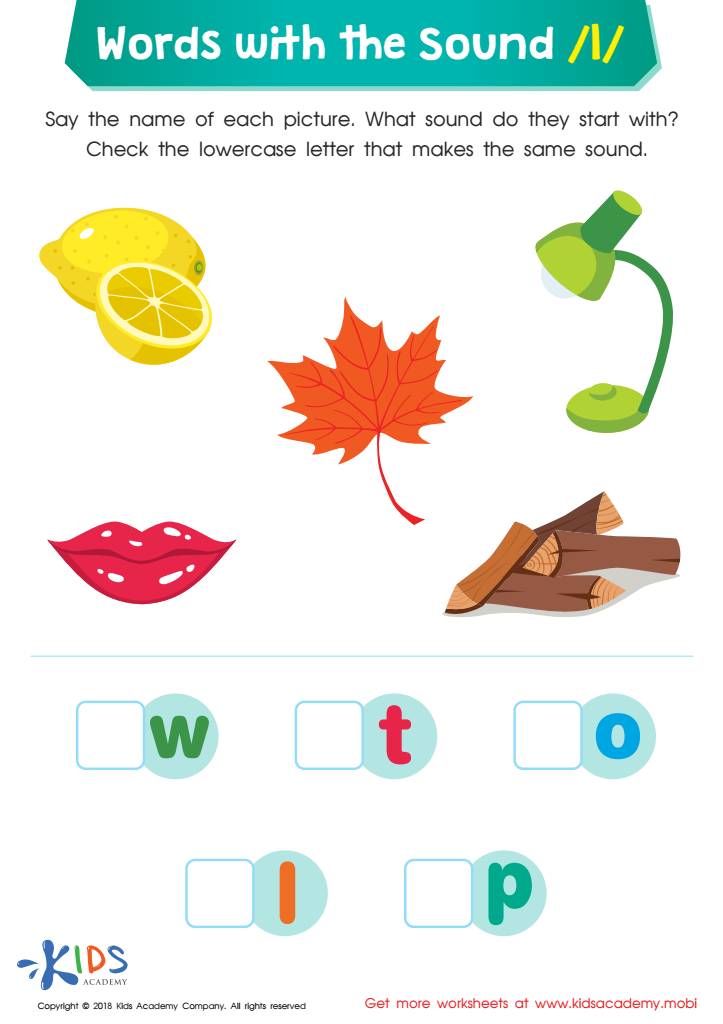

Words with Sound L Reading Worksheet
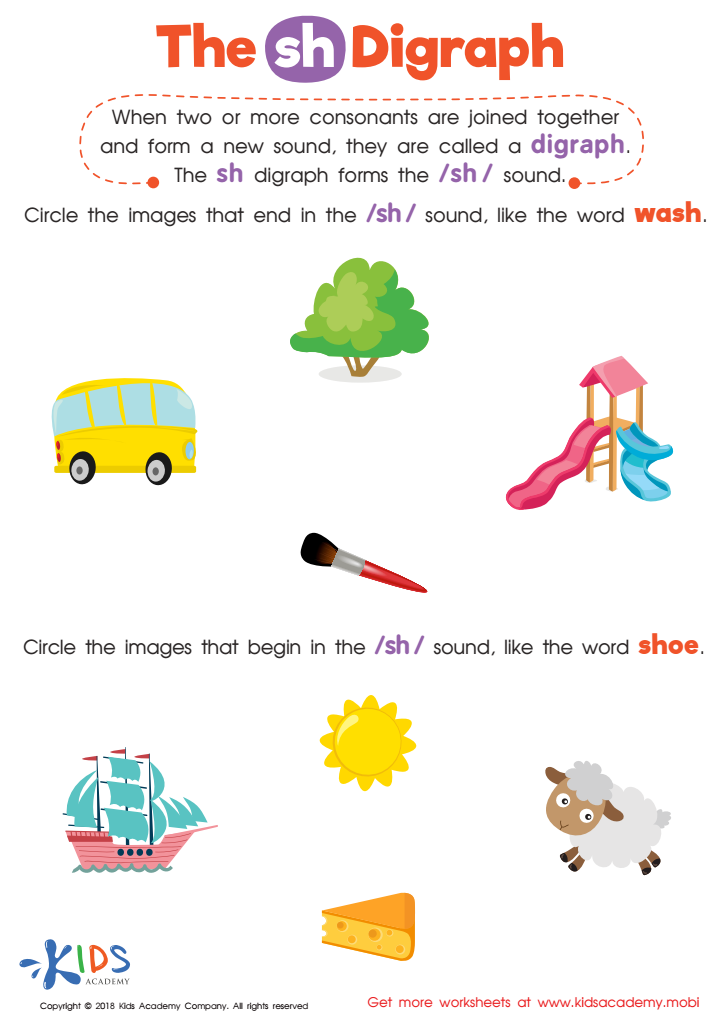

The SH Digraph Worksheet
Spelling practice, particularly focusing on consonants, is crucial for children aged 4-9 as it forms the foundation of their literacy skills. During these formative years, children are developing key phonemic awareness, which is essential for effective reading and writing. Consonants are foundational sounds that help children decode words, making it easier for them to read fluently and recognize patterns in language.
Engaging in spelling activities helps reinforce their understanding of letter-sound relationships, facilitating better pronunciation and comprehension. Consistent practice with consonants can boost children’s confidence in using written language, making learning enjoyable and less intimidating.
Additionally, working on consonants supports fine motor skills as children practice writing letters and words. This combined development contributes to stronger overall communication abilities. As parents or teachers emphasize spelling practice early on, children not only improve academic outcomes but also develop critical skills for lifelong learning.
Furthermore, mastering consonants lays the groundwork for more complex language concepts, such as blending and segmenting sounds. By prioritizing consonant spelling practice, parents and teachers equip children with tools necessary for future success in language arts and help them communicate effectively. Ultimately, fostering these skills ensures children are well-prepared for their educational journey.
 Assign to My Students
Assign to My Students










